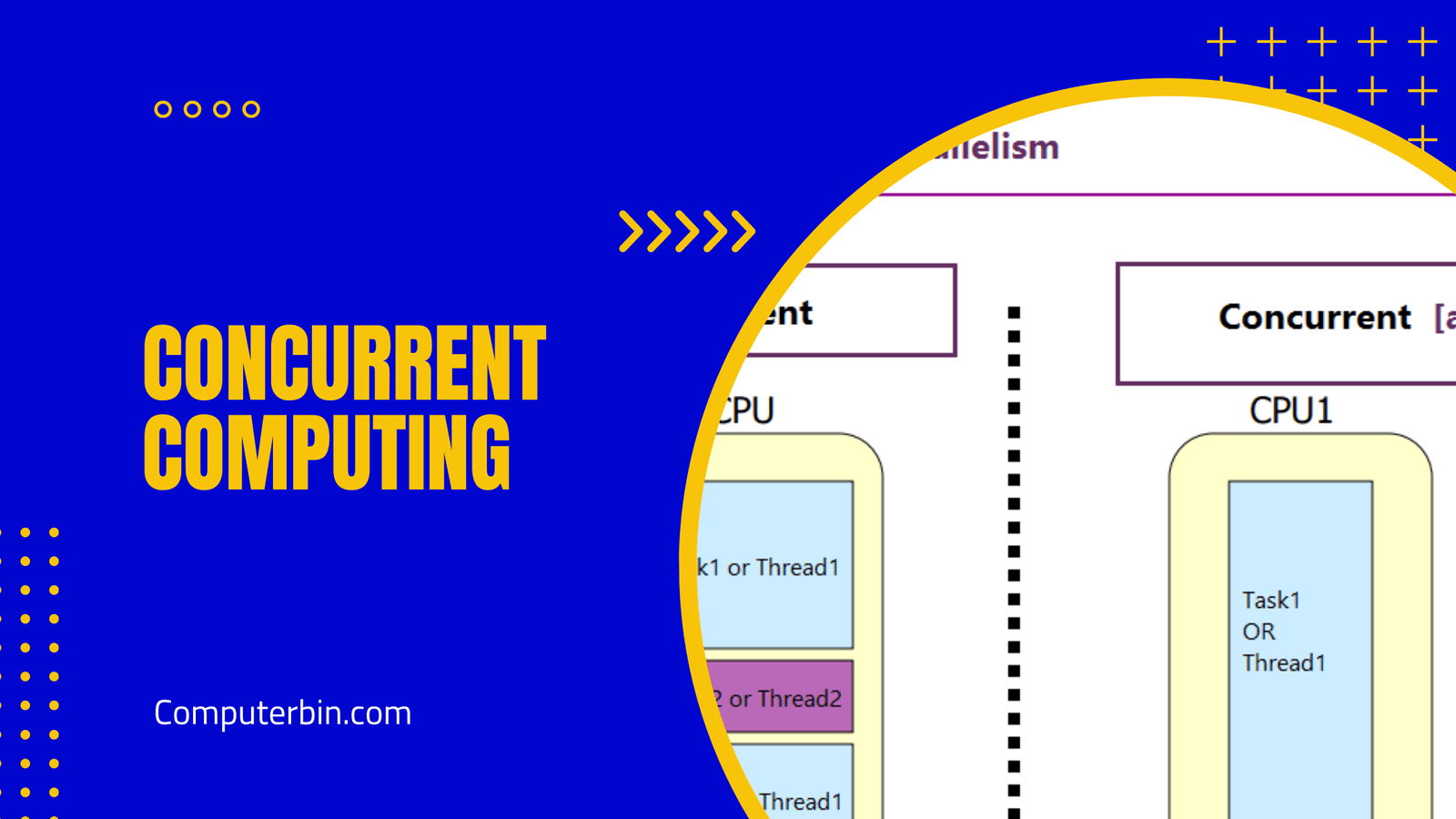IDE is the short abbreviated form of Integrated Development environment, which is basically a firmware that offers a complete & broad range of convenient solutions to the software programmers for the purpose of application or firmware development.
For instance, you can say that the Integrated Development environment is a basic program that helps the coders and developers in their work by making the programming process sorted. The components of an IDE like the source code editor, Building automation equipment, and the debugging tool makes everything happen.
IDE software like Netbeans, PyCharm, komodo, etc consists of the tools like compilers, interpreters or translators, etc whereas if you look at some other IDE software they do not consist of these tools, names of such IDE are the Sharp-develop and Lazarus, etc.
The margin between an IDE and different elements of the wider software program improvement surroundings isn’t always well-defined; occasionally a VCS (version control system) or other different gears are used to sort the development process of a graphical user interface.
The new and current-gen IDE programs have the class browser, object browser with a ladder class, or hierarchy design for the purpose of objective-oriented firmware development.
Since the work of an IDE is to simplify the work programming experience of developers it greatly allows them to unite the overall characteristics and details of making the software and thereby improving the working experience and increasing the productivity of the programmers by mixing the basic software making tasks directly into a single program by developing source code, making links and debugging.
In any IDE (integrated development environment), the respected software is developed to amplify the pace of the programmers by offering a bunch of tools and equipment which are inbuilt. The IDEs always offers a set of the single program through which all sorts of development is done. The single program offred, provides multiple sets of functions in it for various purposes like authoring, translation modifications, blending with deploying, and debugging as well.
These tools for programming are quite contrasting as compared to other development programs that make use of unrelated tools like the VI, GCC, and other similar ones.
Basic components of an IDE
Source code editor: The Source code editor is a basic form of text editor or rewriter that does the work of assisting the programming and code writing software. The Source code editor offers on-the-spot assistance with attributes including the syntax showcasing with different viewable cues that offers an ultimate benefit of language-specific auto-completion factor that keeps on tracking the system for any sort of faults whilst the coding is done passively.
Local Build automation: The local build automation features offers a bunch of benefits that are potent of automating every simple, repeating assignment as a part of developing a neighborhood construct of the software program to be used via way of means of the developer, like compiling pc supply code directly into binary codes, packaging binary code, and working computerized codes as well.
Debugger: The Debugger is an application for trying out different programs which can graphically show the location of a malicious program or a faulty bug within the original code.
Though there are many tech-related and selling-related purposes of the IDEs and that’s why there are multiple other variants of IDEs in the market with their open-source versions. So, it’s important to understand the basic difference between the characteristics and features of different IDEs which include a different set of features to offer to their clients like supported languages, supporting OS’, inbuilt automation features, plugins, and extensions, etc.





